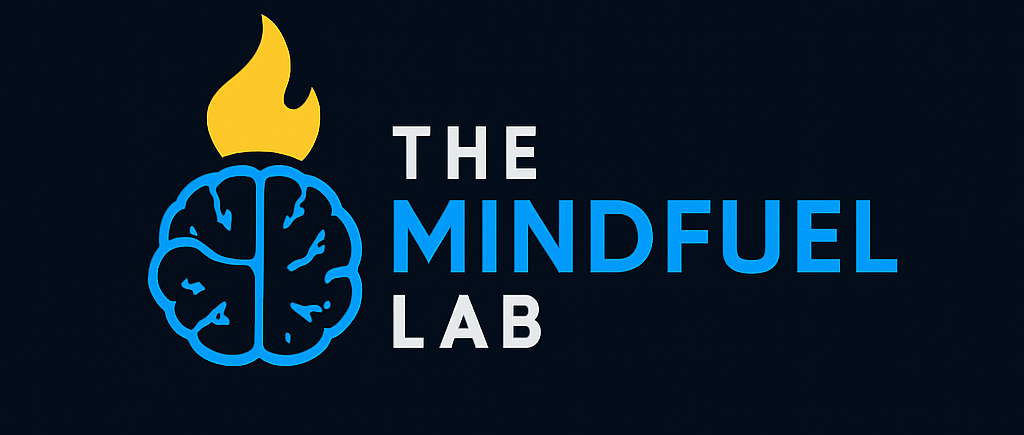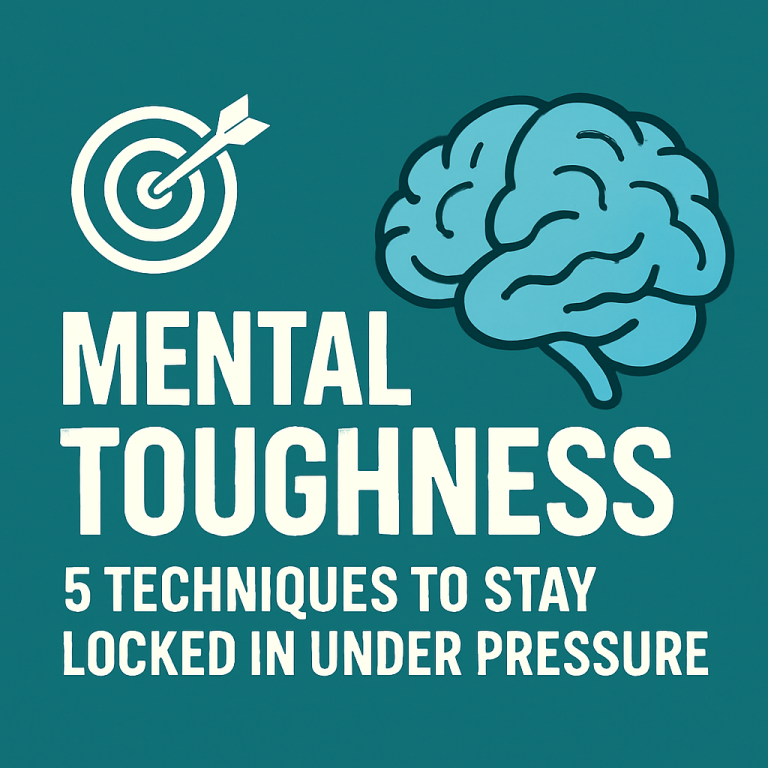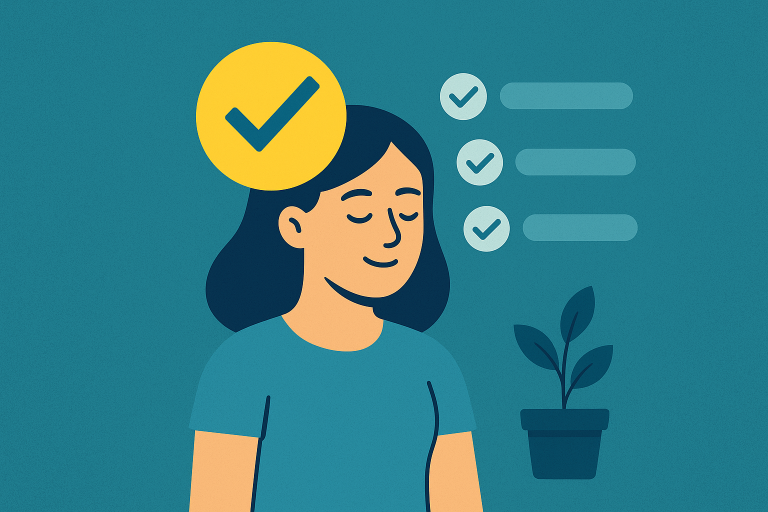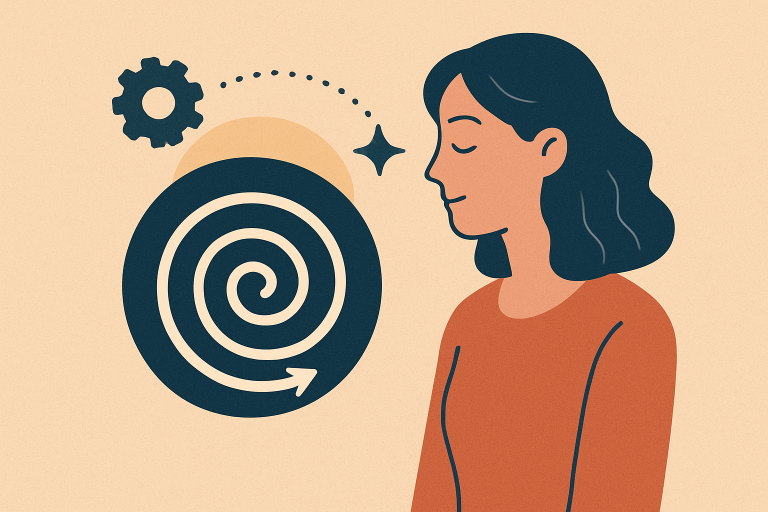The Science of Recovery: How Rest and Renewal Boost Mental Performance

When we think of high performance, we often picture intensity: long hours, grit, and relentless focus. But what separates true peak performers from those who burn out is not how hard they push—it’s how well they recover. Recovery isn’t laziness. It’s the hidden accelerator of progress, allowing your brain and body to rebuild, recharge, and come back stronger.
In this post, we’ll break down the science of recovery and how you can harness rest and renewal to elevate your mental performance.
Why Recovery Is the Secret Weapon of High Performers
Elite athletes, top entrepreneurs, and creatives all know the truth: performance isn’t a straight line upward. It comes in cycles of stress and recovery. When you push hard without replenishing, your brain becomes fatigued, decision-making suffers, and motivation drops.
Recovery, on the other hand, creates space for growth, learning, and resilience. Combined with the right mental habits of high performers, it becomes the foundation of long-term success.
The Role of Sleep in Cognitive Performance
Sleep is the foundation of recovery. During deep sleep, your brain clears waste products, consolidates memories, and enhances problem-solving ability.
- Less than 6 hours of sleep: linked to impaired attention, slower reaction times, and increased stress.
- 7–9 hours of quality sleep: boosts focus, learning, creativity, and mood stability.
Pro tip: create a wind-down routine (no screens an hour before bed, dim lights, light stretching or reading) to improve sleep quality.
Active Recovery: Small Daily Practices That Reset the Mind
Not all recovery is about lying down. Active recovery means short, intentional breaks that refresh your mind throughout the day:
- Mindfulness or breathing exercises (just 3 minutes can lower stress).
- Nature walks or movement to reset your energy.
- Journaling to clear mental clutter and boost perspective.
These micro-recovery practices, much like building powerful micro-habits, prevent burnout and make you sharper when it matters most.
The Stress-Recovery Cycle
Your brain is like a muscle: it grows through challenge, but only when followed by recovery. This is called the stress-recovery cycle.
- Stress phase: effort, focus, learning.
- Recovery phase: rest, renewal, integration.
If you skip the recovery phase, you enter a downward spiral of fatigue → mistakes → frustration → burnout. But when you balance both, you build sustainable resilience and peak performance.
Building Recovery Into Your Routine
Here are practical ways to weave recovery into your lifestyle:
- Schedule downtime just like you schedule work. Protect it.
- Tech boundaries: no emails or social media during designated recovery time.
- Daily rituals: morning journaling, evening walks, or mindfulness practices.
- Weekly resets: a day off from “performance mode” to recharge mentally.
Remember, recovery isn’t an indulgence—it’s a performance strategy.
For an accessible daily mindfulness practice, try the Manifesty App. It’s perfect for recovery and focus.
Final Thoughts
Peak performance is not about going harder—it’s about going smarter. By prioritizing recovery, you protect your energy, sharpen your focus, and fuel long-term growth.
So the next time you think you need to push through exhaustion, pause and ask yourself: Am I skipping the most important part of the performance cycle—recovery?
Disclosure: This post may contain affiliate links, which means I may earn a small commission if you make a purchase through them—at no extra cost to you. I only recommend tools and resources that align with The Mindfuel Lab’s mission of helping you grow mentally, emotionally, and purposefully.




